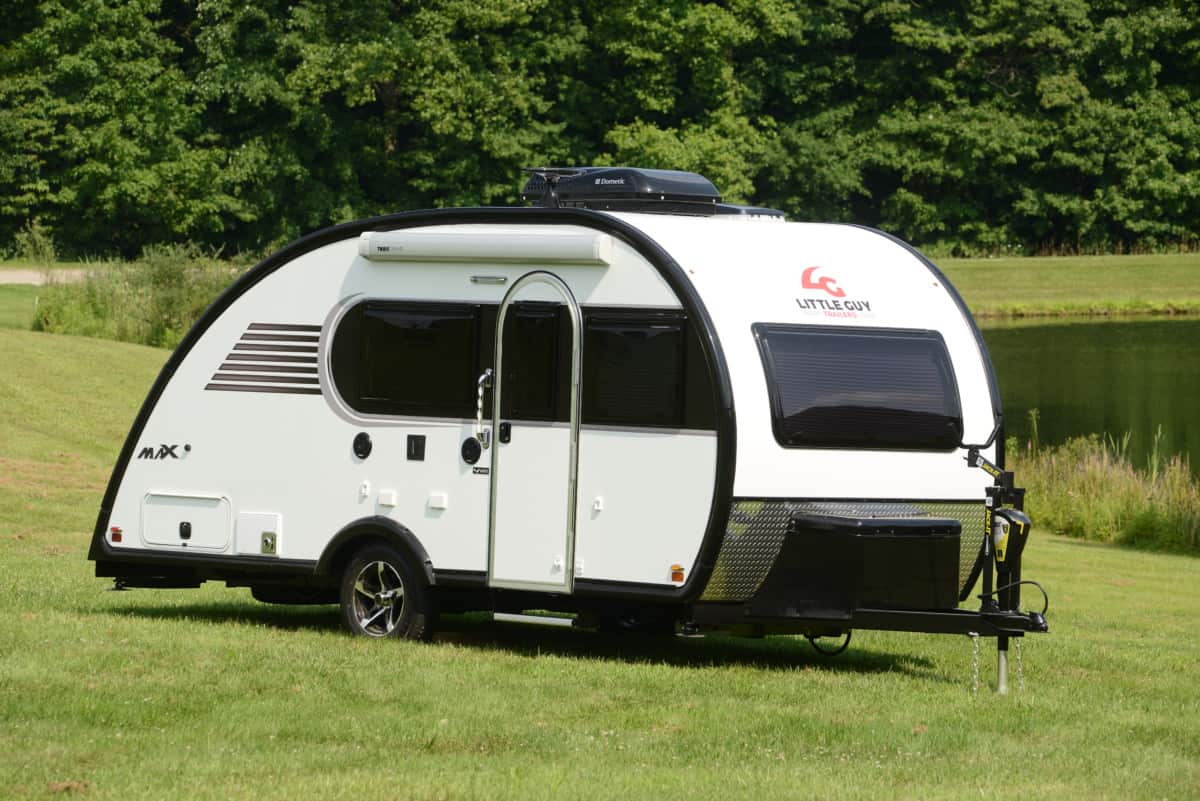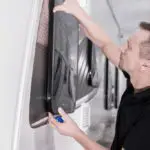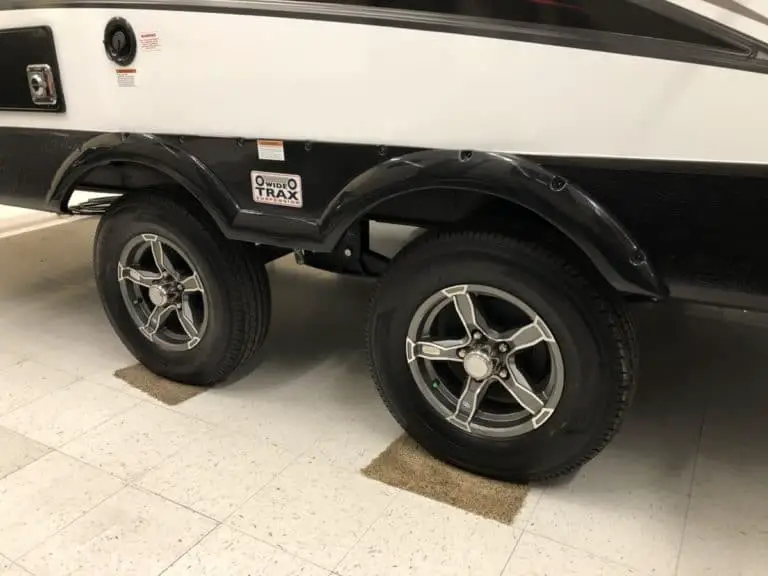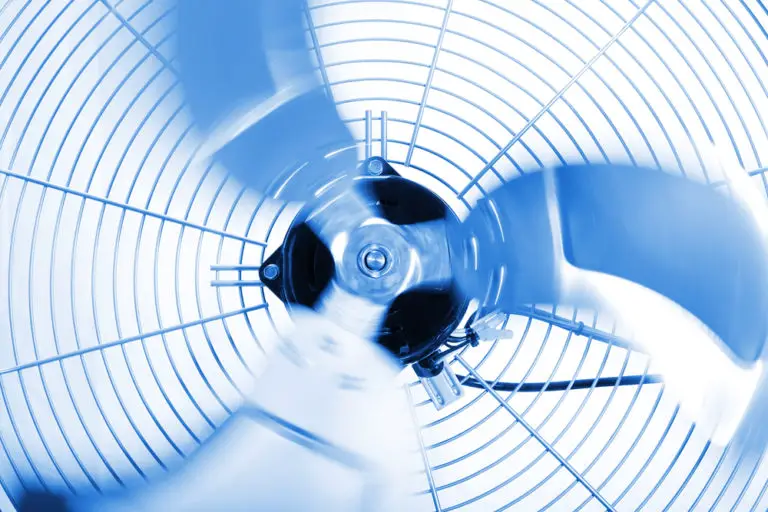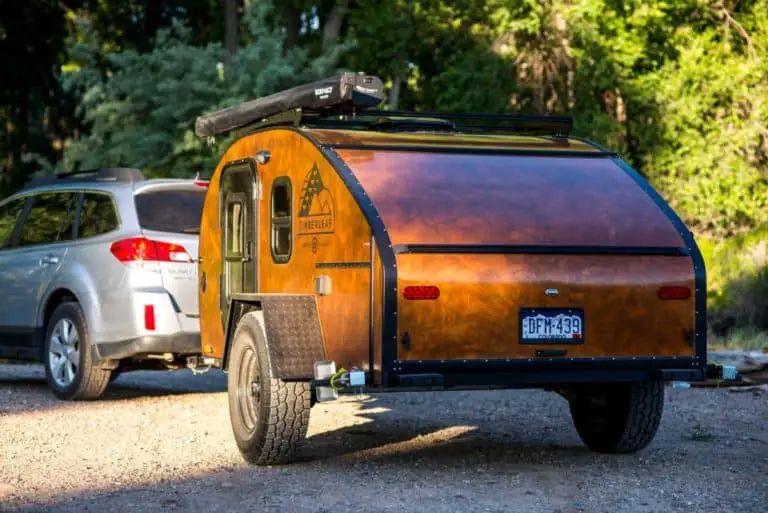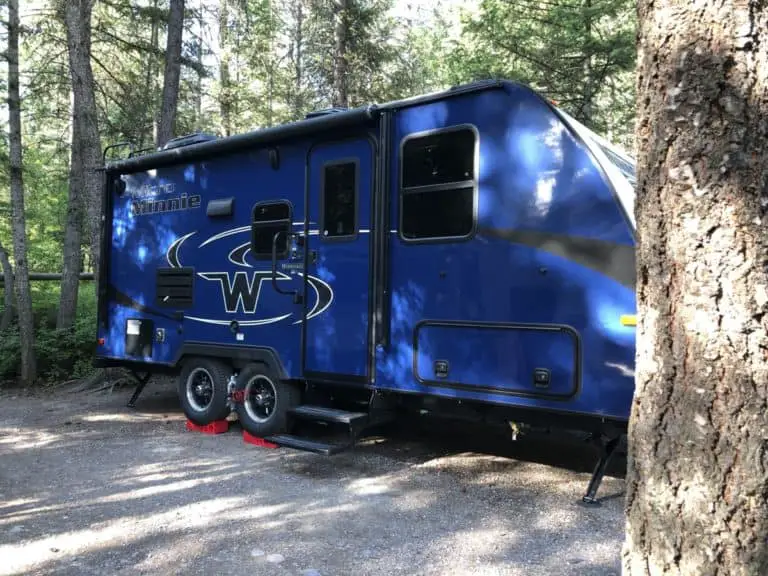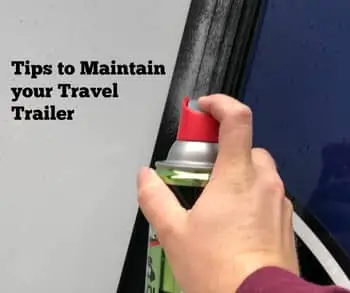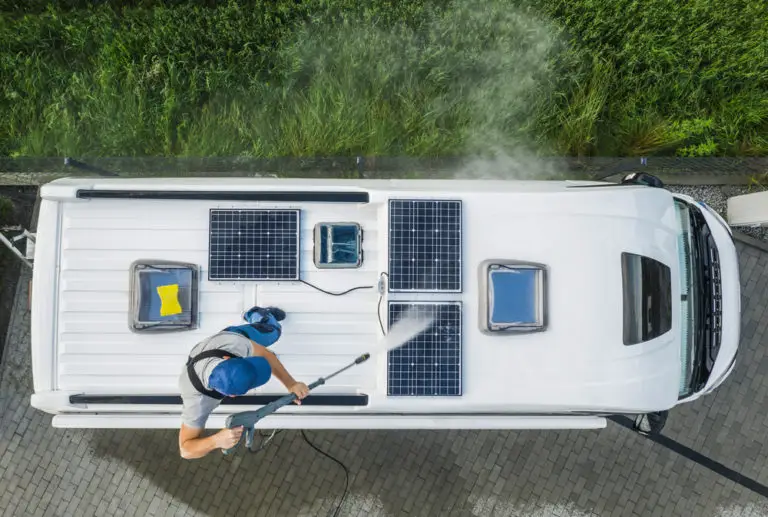Are Dual Pane Windows Worth the Money on an RV?
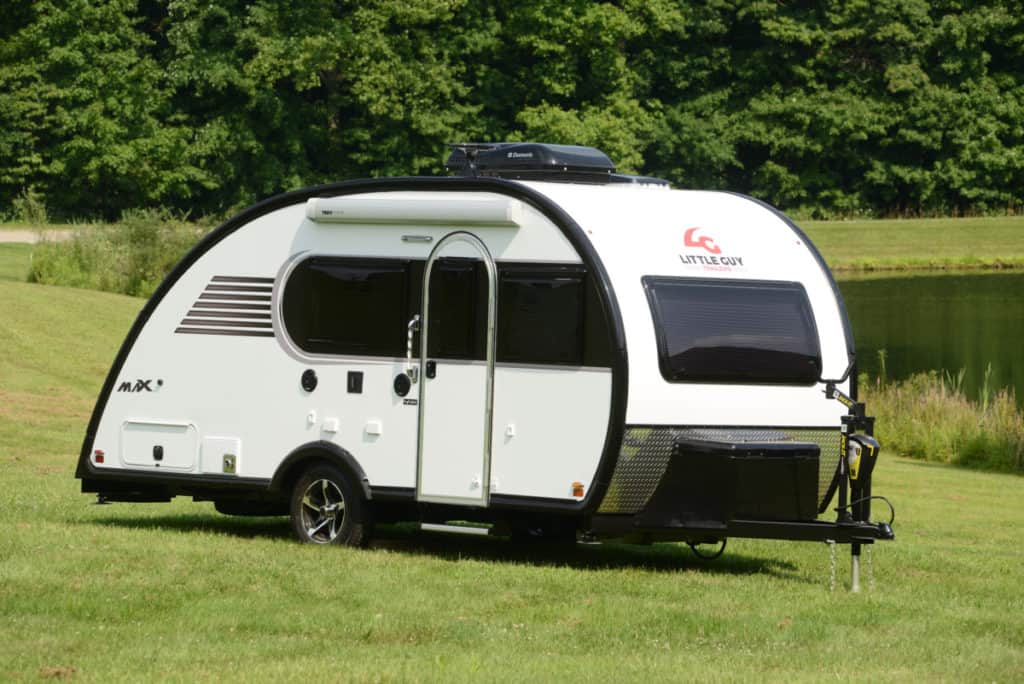
Thermal or dual pane windows use technology to insulate your RV against outside temperatures and sunlight. These windows have their benefits, but in general, it is not worth the cost or hassle to have them in your travel trailer, unless you camp in extreme conditions or are using your trailer as a primary residence. Thermal/dual pane windows are more expensive, harder to maintain, and have serious fogging issues.
Thermal/dual pane windows have two or more panes of glass or acrylic with a layer of air or gas (argon, krypton, or nitrogen) in between them. These types of windows are also usually made with a UV reflective coat and insulated framing materials. You can purchase an RV that already has thermal/dual pane windows, or you can replace the windows on your current trailer (see “Repairs, Replacements, & Expenses”).
There is a LOT of debate over whether dual pane windows are worth the hassle and cost. Some RV owners swear by them, while others caution against this “upgrade.” Like many travel trailer features, deciding on dual pane windows really depends on your lifestyle and camper usage. There are also trends in the RV industry, and currently, thermal/dual pane windows are gaining in popularity. Part of the popularity may be an additional selling point to give your salesman a leg up on the competitive RV you may be shopping. However, these types of windows have more disadvantages than advantages for the average travel trailer user, and they’re sure to be a big expense.
Tip: In addition to deciding whether you want single pane or thermal/double pane windows, you also can choose between glass or acrylic windows in your travel trailer. Acrylic is lightweight and harder to break, but scratches more easily than glass and can be difficult to clean. Some RV owners report that acrylic windows do not condense as easily as glass.
Benefits of thermal/dual pane windows
The purpose of thermal/dual pane windows is to help control the temperature in your RV. The insulation will help keep the inside of your trailer comfortable, and also has the benefit of being energy efficient, which can save you money on heating and cooling bills. In addition, thermal/dual pane windows can help block out noise from outside, which is handy if you camp in more populated locations. These features are also beneficial for privacy.
While fogging is a major issue with thermal and dual pane windows (see below), they do not condense as quickly as single-pane windows, due to the insulation. In addition, these windows are harder to break and usually include a multi-lock system, which increases safety and security. On a new RV, choosing a trailer with thermal/dual pane windows also adds value to the purchase.
One of the best benefits of dual pane windows on your camper is they will not sweat like a single pane will. Lots of the time when we camp in the spring and fall, our windows have lots of moisture on them which can drip and cause a mess in the travel trailer. It is not fun when you are sleeping and you get wet from your widow.
Tip: When considering thermal/dual pane windows make sure to carefully read specifications. There are many variations of windows with differing degrees of complexity, materials, weight, and insulation. Terminology is not always the same depending on what manufacturer or dealer that you’re interacting with. Do your research before you invest!
Problems with thermal/dual pane windows on a RV
The biggest issue with thermal/dual pane windows is fogging. This occurs when the gas layer between the window panes leaks and/or when condensation builds up inside an air layer due to a broken seal. Fogging is unavoidable, and will eventually happen over time and usage. Travel trailers typically take on bumpier conditions than motorized RVs (due to a lack of shock absorption), so this issue will occur more quickly and regularly with travel trailers. This is also a problem if you travel long distances with your trailer or travel on, particularly harsh terrain.
Thermal/dual pane windows also increase the weight to your trailer because you’re adding more materials to your RV. This is especially true with glass (as opposed to acrylic) windows. While thermal/dual pane windows can save money on energy costs and up your comfort level, you may also end up spending money on climate control or a dehumidifier in order to combat inevitable fogging. These windows are also more expensive to buy initially, as well as to repair or replace.
Care Tips for Dual Pane RV Windows
If you opt for thermal/dual pane windows the best thing you can do to increase their longevity is to get them repaired as soon as you notice fogging or any issues with their seals. Otherwise, the glass/acrylic can be damaged beyond repair. In addition, having sun reflecting blinds and/or avoiding constant direct sunlight can prevent damage to the window resulting from heat expansion. In general, thermal/dual pane windows require more attention and maintenance than a single panel.
Repairs, Replacements, & Expenses
The ability to repair thermal/dual pane windows is a recent development, but it can be tricky. Make sure to look for a reputable repair place and read reviews! If your windows have a layer of gas in between, then this must be replaced, and the windows resealed. Some repair places will only clean the glass, and this is NOT sufficient. Unfortunately, repairs are expensive, costing several hundred dollars (a reasonable price is around $250 per window).
If you have thermal/dual pane windows that are filled with air (instead of a special gas), it is possible to repair them on your own by fixing a seal and/or cleaning between the panes. This should only be undertaken by a handy RV owner. Some people will also have holes drilled with one-way vents to allow air to escape and prevent fogging. Please note that these options will not work for windows that include a gas layer. Drilling a hole with a one way vent will also decrease the insulation factor which is why you went with the upgraded windows in the first place.
You can replace thermal/dual pane RV windows, and this is actually easier than repairing. However, expect the cost of a few thousand dollars (total), depending on how many windows you have in your travel trailer. It is possible to replace the windows yourself, which will save you money, but only choose this option if you know what you’re doing! Properly sealing thermal/dual pane windows is extremely important to their effectiveness.
You can add dual pane windows to travel trailers that do not have them, and you can even negotiate this upgrade when purchasing a new RV in some brands. If you already own a trailer and want to replace your windows with thermal/dual pane this is possible, but you may have to get custom sizing. This is likely to be an expensive option, and usually won’t add value to an older trailer. Cleer Vision and Motion RV are two options that offer replacement and custom RV windows.
When repairing or replacing windows, it’s a good idea to go with a repair shop or manufacturing company that provides a warranty. This way, if the window fogs or breaks within the warranty period you can have it fixed or replaced without additional cost. This will prevent future financial problems and overall frustration.
Tip: An alternative option is to tint your RV windows. You can buy them tinted, or apply a tinting spray or film. Tints help to reflect sunlight and also offer more privacy. This is a cheap and easy “quick fix” to help insulate your trailer. You can get tinting professionally done, or you can do it yourself to save money.
Reflections
Unless you plan to use your travel trailer in extreme weather conditions, as your primary residence, or you are opting instead for a motorized RV, it is best to pass on thermal/dual pane windows. The idea and technology behind these types of windows is great, but the reality of fogging and replacement/repair costs outweigh the benefits for the average travel trailer user. There are other steps you can take to insulate your trailer. Instead of choosing this pricey option, consider window tinting and check out our 14 Tips to Keep You Warm in Your Travel Trailer This Winter.
Be the first to be notified about FREE tips, hints, coupon codes, and email-exclusive information. All for FREE!

